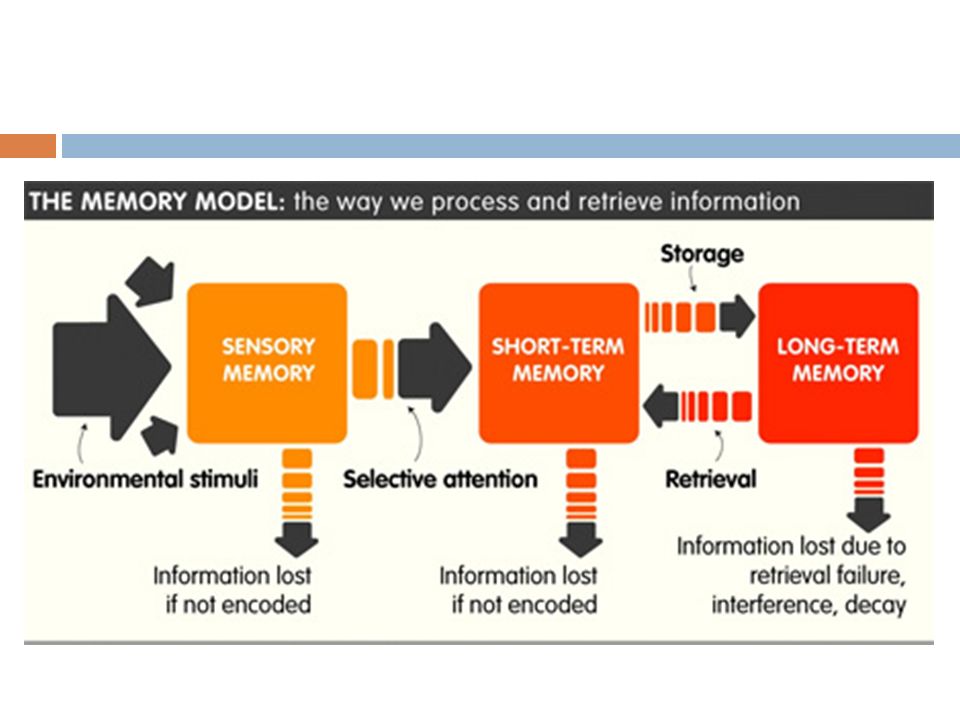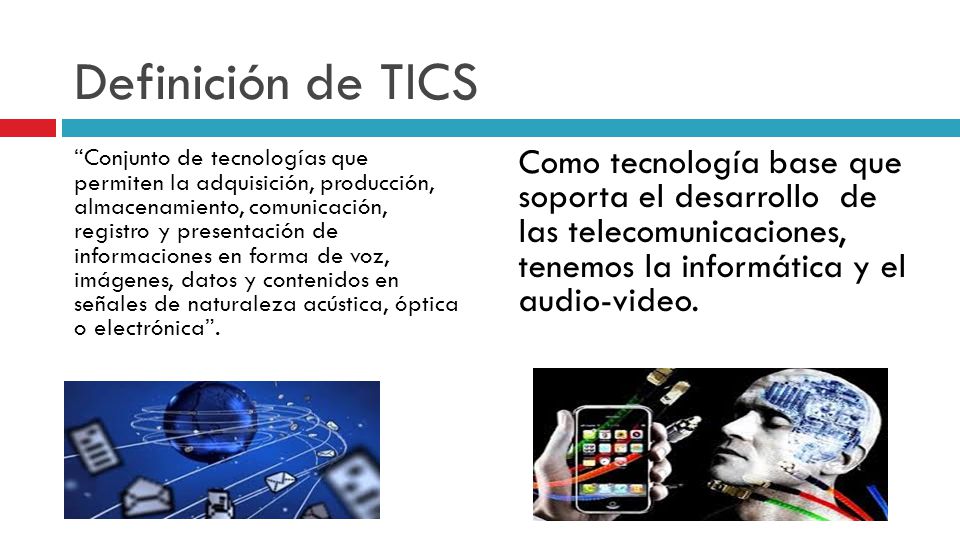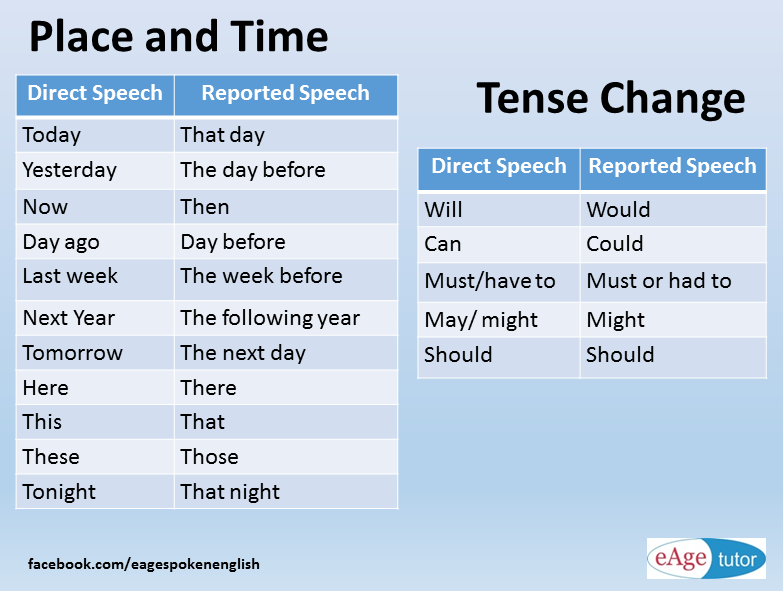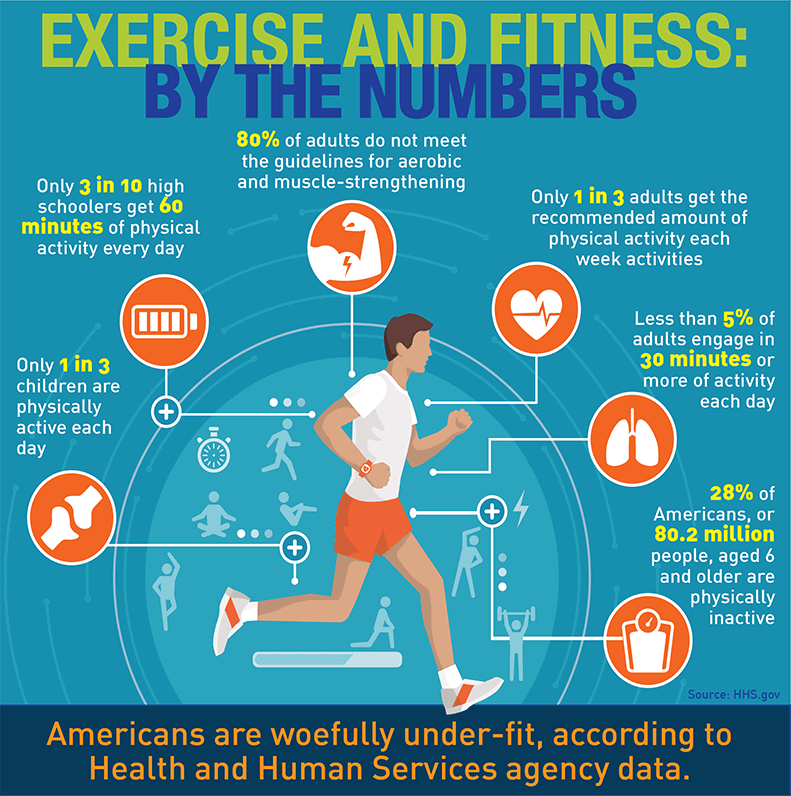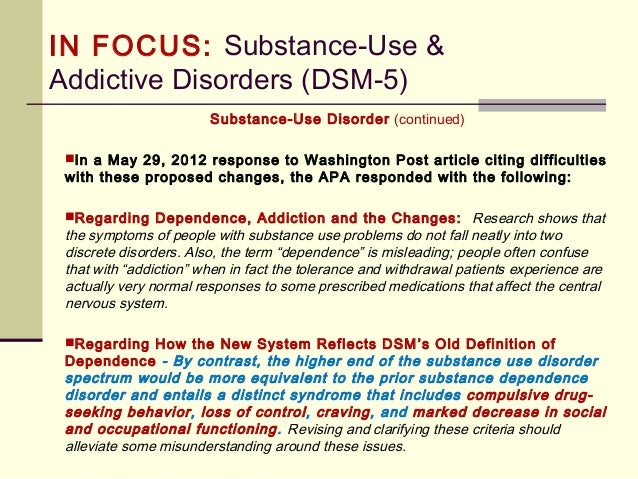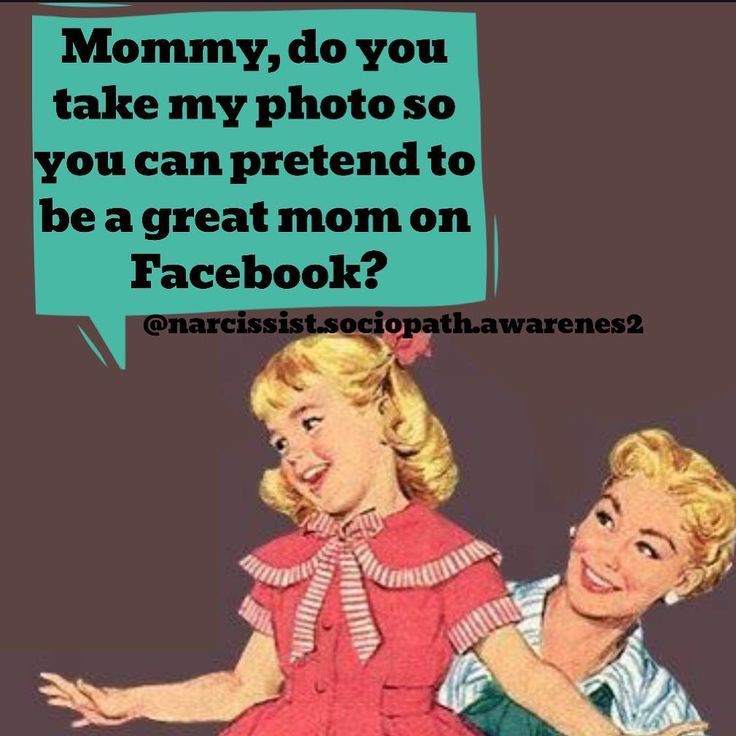After getting out of an abusive relationship
Why People Stay in an Abusive Relationship
Abusive relationships are extremely complex situations and it takes a lot of courage to leave. Abuse is about power and control. When a survivor leaves their abusive relationship, they threaten the power and control their partner has established over the survivor’s agency, which may cause the partner to retaliate in harmful ways.
As a result, leaving is often the most dangerous period of time for survivors of abuse.
Fear
A person will likely be afraid of the consequences if they decide to leave their relationship, either out of fear of their partner’s actions or concern over their own ability to be independent.
Normalized abuse
If someone grew up in an environment where abuse was common, they may not know what healthy relationships look like. As a result, they may not recognize that their partner’s behaviors are unhealthy or abusive.
Shame
It can be difficult for someone to admit that they’ve been or are being abused. They may feel that they’ve done something wrong, that they deserve the abuse, or that experiencing abuse is a sign of weakness. Remember that blame-shifting is a common tactic that their partner may use and can reinforce a sense of responsibility for their partner’s abusive behaviors.
Intimidation
A survivor may be intimidated into staying in a relationship by verbal or physical threats, or threats to spread information, including secrets or confidential details (i.e. revenge porn etc). For LGBTQ+ people who haven’t come out yet, threats to out someone may be an opportunity for abusive partners to exert control.
Low self-esteem
After experiencing verbal abuse or blame for physical abuse, it can be easy for survivors to believe those sentiments and believe that they’re at fault for their partner’s abusive behaviors.
Lack of resources
Survivors may be financially dependent on their abusive partner or have previously been denied opportunities to work, a place to sleep on their own, language assistance, or a network to turn to during moments of crisis. These factors can make it seem impossible for someone to leave an abusive situation.
These factors can make it seem impossible for someone to leave an abusive situation.
Disability
If someone depends on other people for physical support, they may feel that their well-being is directly tied to their relationship; a lack of visible alternatives for support can heavily influence someone’s decision to stay in an abusive relationship if they have a disability.
Immigration status
People who are undocumented may fear that reporting abuse will affect their immigration status. If they have limited English proficiency, these concerns can be amplified by a confusing and convoluted legal system and an inability to express their circumstances to others.
Cultural context
Traditional customs or beliefs may influence someone’s decision to stay in an abusive situation, whether held by the survivor or by their family and community. Learn more about abuse in different cultural contexts.
Children
Many survivors may feel guilty or responsible for disrupting their familial unit.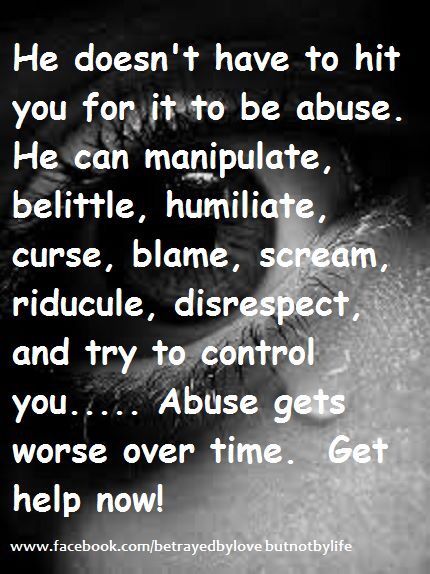 Keeping the family together may not only be something that a survivor may value, but may also be used as a tactic by their partner used to guilt a survivor into staying.
Keeping the family together may not only be something that a survivor may value, but may also be used as a tactic by their partner used to guilt a survivor into staying.
Love
Experiencing abuse and feeling genuine care for a partner who is causing harm are not mutually exclusive. Survivors often still have strong, intimate feelings for their abusive partner. They may have children together, want to maintain their family, or the person abusing them may simply be charming (especially at the beginning of a relationship) and the survivor may hope that their partner will return to being that person.
No matter the reason, leaving any relationship can be difficult; doing so in an abusive situation can feel impossible without the right access to support.
a quote mark iconUnderstanding the various ways that abuse appears and intersects can prepare you to respond to situations safely for yourself and others.
How to Heal After an Abusive Relationship: 7 Tips
Recovering from an abusive relationship is possible. Here are helpful steps on how to heal and prioritize your well-being in the process.
Here are helpful steps on how to heal and prioritize your well-being in the process.
If you’ve recently left an abusive relationship, you’ve already taken one of the most important steps of the process — leaving.
Learning how to heal and take care of yourself after the breakup can help you navigate what comes next.
There are many types of abusive situations and relationships:
- emotional
- physical
- verbal
- sexual
- spiritual
- financial (e.g. limiting access to funds, controlling shared finances)
- reproductive coercion (e.g. breaking condoms, interfering with birth control access)
- digital (e.g. stalking, demanding passwords or access to your phone)
A range of intense emotions may pop up when recovering from an abusive relationship — all of which are valid.
Depending on the situation, you may experience some of the following thoughts or feelings:
- missing your ex
- feeling lonely or isolated
- debating going back to the relationship
- feeling uncertain or unable to make decisions by yourself
- feelings of anxiety or depression
- finding it difficult to feel independent
- a lingering fear or sense of being in danger
- symptoms of post-traumatic stress disorder (PTSD)
You may have positive feelings, too.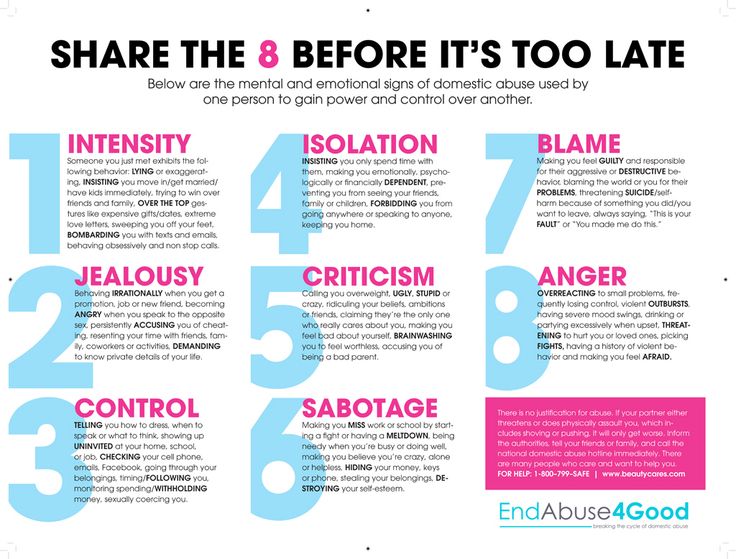 “Sometimes a survivor can feel a sense of freedom, as if a weight has been lifted off of their shoulders,” says Melody Gross, domestic violence keynote speaker and founder of Courageous SHIFT.
“Sometimes a survivor can feel a sense of freedom, as if a weight has been lifted off of their shoulders,” says Melody Gross, domestic violence keynote speaker and founder of Courageous SHIFT.
“Some days, you might feel strong, happy, and confident in your decision. Other days you may be overwhelmed by sadness and anxiety and question everything,” adds Ebele Onyema, director of programs at One Love. “All of these feelings, from feeling free and empowered to feeling lonely and missing your ex, are completely normal.”
“When someone leaves an abusive relationship, healing isn’t necessarily the first thing that comes to mind. Survival does,” says Gross.
There’s no set time frame to healing, as each survivor’s experience is different.
“But what is there is possibility — the possibility to get to a place where you know, understand, and can respond appropriately to your triggers,” she adds.
The healing process isn’t linear, but there are ways to find relief and support along the way.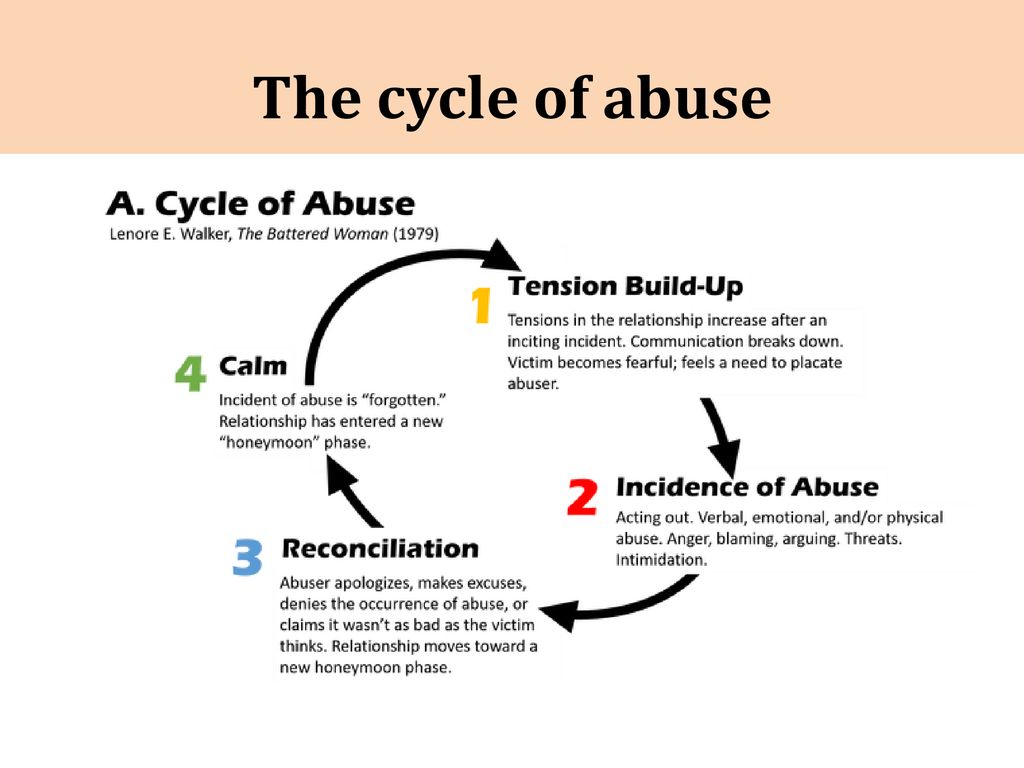
Create a safety plan (if you haven’t already)
Safety planning can give you a sense of control and protection, Gross explains: “You can add responses for different circumstances, such as seeing [your ex] in public or if they contact you on social media.”
“Make your safety and security the top priority post-breakup, so you can focus on yourself and your healing journey,” says Onyema.
Set boundaries
According to Onyema, setting boundaries after the relationship is just as important as during it.
“Make sure you and your ex are on the same page in terms of communication and behavior,” she says. “And, if you [aren’t] — and you very well may not be — remember that your needs and boundaries matter. Be clear in expressing them and confident that you have every right to need the time and space that you need.”
Also consider setting digital boundaries, like blocking your ex or taking a social media break.
“Knowing that your partner doesn’t have access to you on social media can provide the distance you might need to move through healing at your own pace,” she adds.
Prioritize self-care and self-love
“Self-care and self-love is vital because without them, survivors can find themselves in another abusive relationship,” says Gross.
Honor your thoughts and feelings as they come up. She suggests journaling as a great way to process your emotions. It can serve as a personal safe space and way to reflect on your growth as time passes.
Onyema also recommends picking up old hobbies and doing things you used to love.
“Use your newfound time to focus on things that build your confidence and help you regain emotional balance. You deserve it,” she says.
Repeat healing affirmations
Gross says to keep reminding yourself that the abuse was never your fault: “If you have to set an alarm on your phone or write it on a Post-It note, do it.”
“It can be hard not to look back on your past relationship with rose-colored glasses, or you may feel like you miss your ex-partner, but keep in mind that you’re strong, and you’ll get through it,” adds Onyema. “Remember that everyone — including you — deserves a healthy relationship where they feel loved, respected, and valued.”
“Remember that everyone — including you — deserves a healthy relationship where they feel loved, respected, and valued.”
Educate yourself about abuse
No matter where you are in your journey, learning about abuse can prevent you from entering similar situations in the future.
Gross recommends learning about:
- signs of abuse
- why people fall in love with abusive partners
- reasons people stay in ‘unhealthy’ relationships
- potential barriers to leaving
- how abuse shows up in different areas of life
“When everyone has a better understanding and knowledge of how intimate partner violence works, then we can remove the stigma and get the support and services needed for survivors and perpetrators,” she says.
Build a strong support system
You don’t have to do this alone. Receiving support can help you feel stronger and more connected during the healing process.
“A great support system can include family, friends, a therapist, coach, personal trainer, [and] support group,” says Gross.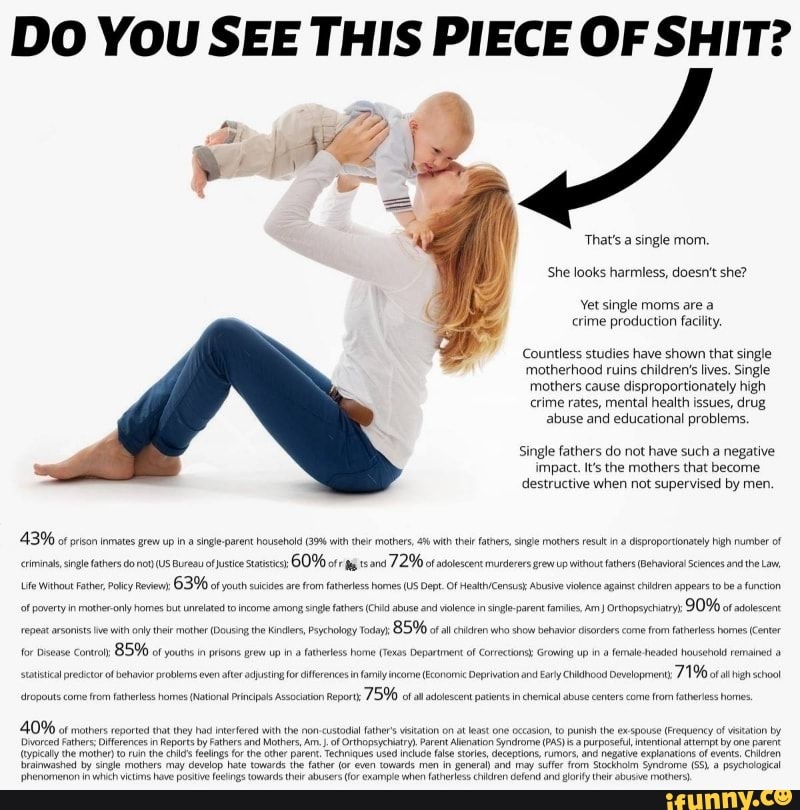
Oftentimes, Onyema says someone in an abusive relationship can be isolated from friends and family. “It’s good to reconnect with them. [They] can emotionally support you, build up your sense of self, and offer a counter to some of the doubts or negative thoughts we can have about ourselves after a breakup.”
Ask for help
Consider seeing a therapist or mental health professional. Therapy can teach you helpful skills for coping after an abusive relationship and offer further support during the recovery process.
Other support resources are available, including:
- domestic violence hotlines
- organizations like One Love
- events and programs for survivors
- connecting with other survivors through support groups
“Don’t let shame or embarrassment stop you from getting your needs met,” reminds Gross, who suggests tapping into every resource you can.
According to the Centers for Disease Control and Prevention (CDC), intimate partner violence affects millions of people in the United States each year.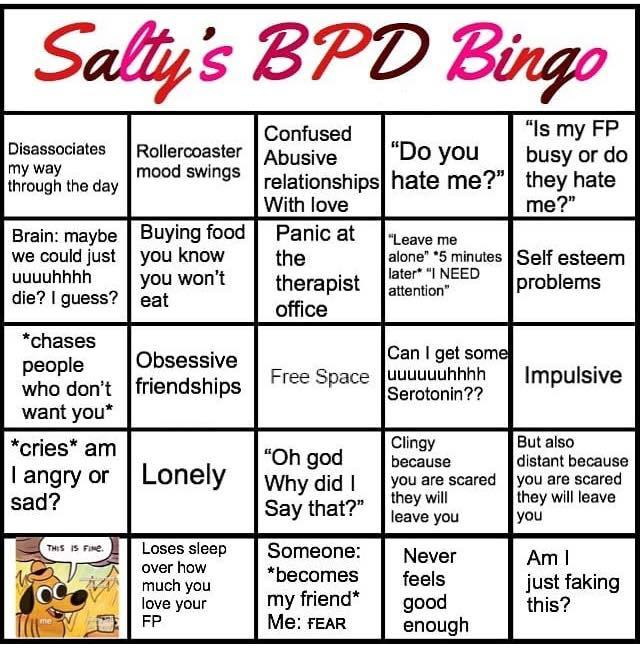 If you’ve recently been in an abusive relationship, you’re not alone and it’s not your fault.
If you’ve recently been in an abusive relationship, you’re not alone and it’s not your fault.
There’s no solid answer as to how long it takes to heal after any type of abusive relationship. But creating a safety plan, practicing self-love, seeing a therapist, setting boundaries, joining support groups, and seeking additional resources can bring you relief.
“Breakups aren’t easy. Be patient and kind to yourself, as there’s no ‘right way’ to heal,” Onyema says. Healing is possible, though, and you will feel stronger in time.
You’re a survivor, and help is readily available whenever you want or need it.
“You made the first brave step — you decided to leave,” she reminds. “And as you continue to center yourself, you’re healing in big and small ways every step of the way.”
This is what happens when you end a toxic relationship
4 min.
Although the feeling of calmness will not appear immediately, it is only necessary to end the toxic relationship. But the last thing we have to do is start another similar connection to "fill" the void.
But the last thing we have to do is start another similar connection to "fill" the void.
Last updated: May 24, 2019
Toxic relationships destroy our personality, lower our self-esteem and distort the very concept of love. Devalue this noble feeling of respect and sympathy for another person. But not everything is so simple when you0007 end a toxic relationship.
We know that the word "toxic" is in vogue. In most cases, it is called offensive behavior, the desire for control or suppression.
However, we must see and understand each case before applying this term.
And sometimes we realize that this behavior actually indicates an emotional or attachment problem. Therefore, such a person should receive psychological help. nine0003
We would like to say, first of all, that one should be careful not to use loud terms.
To one degree or another, we are all complex people. Our complicated relationships are not easy to understand even for ourselves.
However, in cases where a particular person is the center of negativity and even psychological abuse, of course, we see true toxic relationships.
If you've ever gone through this and found a way out, you already know that this is not easy for anyone. nine0003
Today we want to talk about this. First of all, we want to make it clear that when you end a toxic relationship , it does not bring immediate happiness and well-being.
This process is far from easy and fast.
When you end a toxic relationship, scars remain.
Imagine for a moment a person being led by the hand through a very dense and dark forest. He pushes through thorny bushes and is whipped by tree branches. nine0003
The person agreed to this because they trust the host. However, he knows the journey will be difficult. He doesn't get enough air, the branches leave wounds on his skin...
Nothing he sees around him seems beautiful or hopeful.
Finally, he decides to let go of this hand to feel free.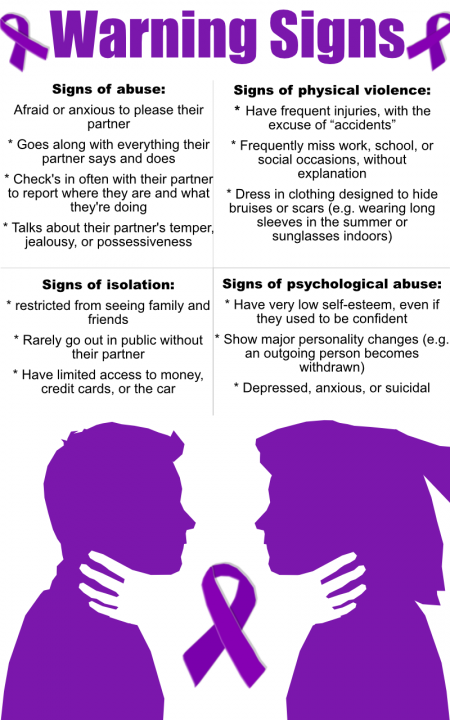 To regain your sense of happiness and allow the other person to go forward, alone and on a different path.
To regain your sense of happiness and allow the other person to go forward, alone and on a different path.
When this happens, he experiences intense and even conflicting feelings:
- He barely recognizes himself. This path left many scars and wounds on the body. And, unfortunately, not all of them survived.
- He feels tired... He's out of breath. And there is no other choice but to stop to take a breath.
- He ended up in an unfamiliar place, where he is completely unoriented. He doesn't know where to go now.
With this simple picture, we want to show you:
- When you end a toxic relationship, relief is bound to come. This is beyond doubt. However, don't expect it immediately. nine0052
The first thing you will feel is the desire to understand everything, to find yourself again . Look at the wounds, meditate. Think about where you are in life right now and where you should be going.
Read also: Emotional dependency in relationships: 5 development scenarios
Time for recovery and awareness
The last thing to do after leaving a toxic relationship is to start a new one.
- No one can be healed through a new relationship. nine0007 It's completely useless.
- No one is obligated to heal our wounds, relieve pain, and serve as a means to forget the past.
- It is worth giving yourself time to make this inner journey. Allow yourself to regain your self-esteem, your identity, to believe again and feel confident in yourself.
Hatred, fear and disappointment should be discarded. You need to come out of this journey much stronger.
- Whether we like it or not, we must complete this special period of tribulation before starting life anew. Learn to control anger and gradually regain self-confidence. nine0052
Only when we love ourselves again will we be ready to let another person be around.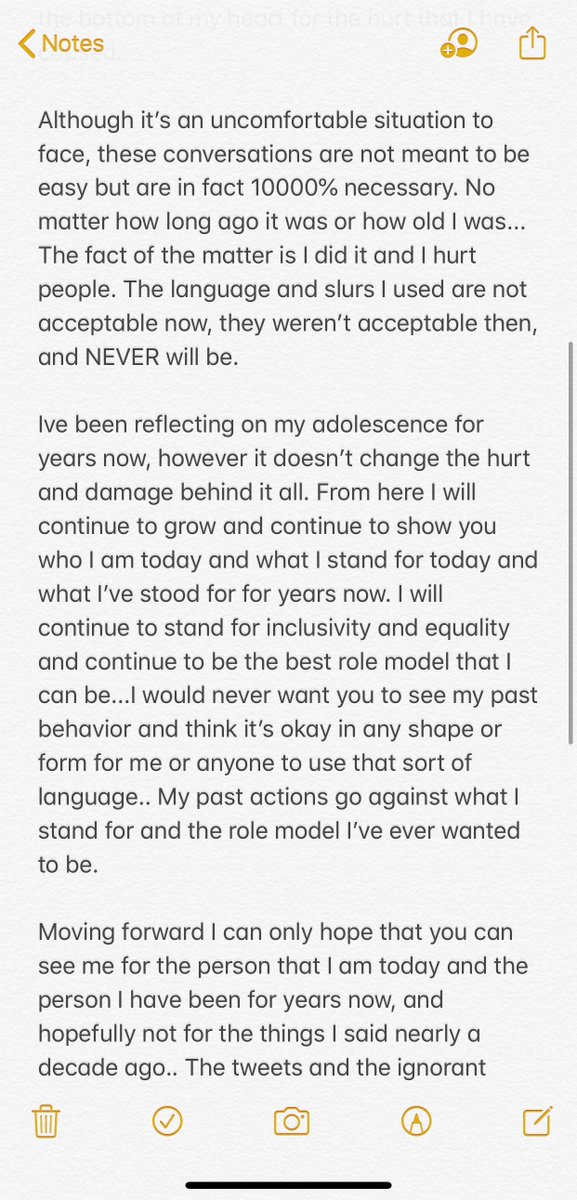
See also: Is it possible to be happy without a soul mate?
My self-esteem will not tolerate a new toxic relationship
We are sure that you have a few girlfriends or friends who immediately started a new relationship, barely finishing another “toxic” romance.
Something to think about:
- When you end a toxic relationship, restore your self-esteem. It is worth remembering that it is not for sale, it is not bought, and there are no sales on it.
- The basic principles of well-being are equally important. Remember that you deserve the best. To love does not mean to suffer. And if there is a choice between selfish and harmful love and loneliness, it is better to choose the latter.
Read also: Relationships: 4 Fundamentals of Happiness and Harmony
We need healing of wounds and restoration of the soul. Do not forget about the existing negative experience, so that again does not fall into this emotional trap.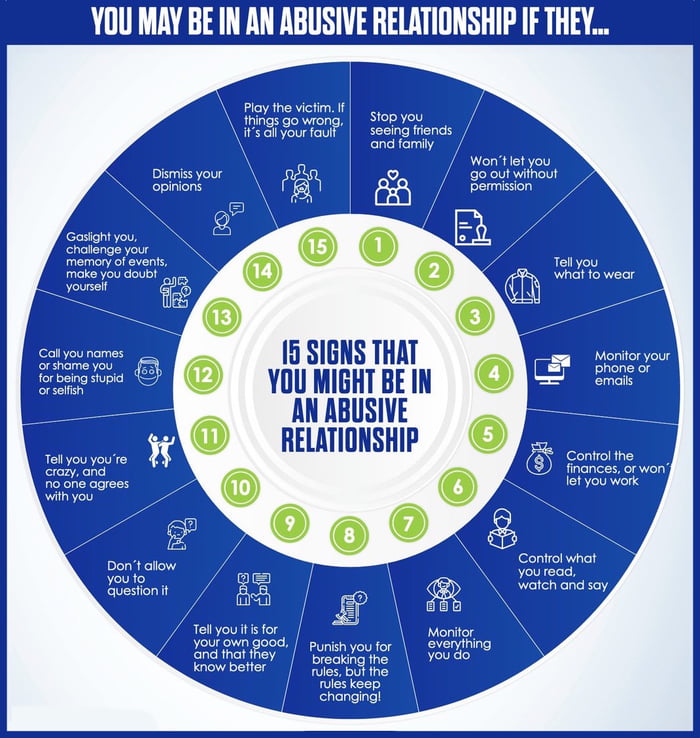
After all, only experience allows us to learn new things so that we never again step on the rake of toxic love.
Main image courtesy of © wikiHow.com
You might be interested in...Makes Meaning - Social Books Publisher
What the book is about
Emotional abuse is much harder to recognize than physical abuse. Those who are subjected to it often doubt whether they are inventing or exaggerating their problems. Perhaps you notice alarming bells in a relationship with a partner, but write them off as your own suspiciousness. Or in conversations with a friend you feel a desire to defend yourself, and after such meetings you are devastated and exhausted. Or from the voice of the boss, you want to squeeze into the wall and become invisible. But you continue to believe that you yourself are to blame, or you simply do not have the strength to end such a relationship. nine0003
Emotional abuse is actually a serious problem. This is systematic bullying, which can manifest itself in the form of "playful" banter, sarcasm or devaluing jokes, verbal aggression, threats and manipulation, punishments with neglect. The behavior of the aggressor allows him to infringe, suppress and control the victim. But it is possible to recover from abuse. The goal of the third book in our Doing It Possible series of workshops is to help you recognize, understand, and overcome emotional abuse.
This is systematic bullying, which can manifest itself in the form of "playful" banter, sarcasm or devaluing jokes, verbal aggression, threats and manipulation, punishments with neglect. The behavior of the aggressor allows him to infringe, suppress and control the victim. But it is possible to recover from abuse. The goal of the third book in our Doing It Possible series of workshops is to help you recognize, understand, and overcome emotional abuse.
Workshop author Teresa Comito has been helping her clients get out of abusive relationships for 20 years. In this book, she gives scenarios and stories of real patients who wished to share their own experiences, and specific practices. By completing the tasks, you will begin to trace the patterns and dynamics of your relationship, you will be able to identify your strengths and strengthen your self-esteem, you will discover your ability to resist attacks and recover from them. You will learn strategies for coping with everyday challenges and gain a sense of inner well-being that will help you move out of painful relationships and no longer get involved in destructive relationships. nine0003
nine0003
Reviews of the book
- Reviews
Teresa Comito's Emotional Abuse Recovery Workshop is the perfect self-examination tool for anyone who thinks they are (or have been) in an abusive relationship. He exposes patterns of abuse and gaslighting. The author's methods are healing through self-love, healthy relationships and the pursuit of security.
Teresa Comito draws on the experience gained from years of hands-on work with survivors of emotional abuse. With compassion and concern, she lays it out in a way that everyone can understand and follow the path to healing and recovery from trauma.
Teresa Comito is an extremely compassionate therapist with a deep understanding of the consequences of emotional abuse. Her clear logic is a guiding light for me and many others, thanks to her we remember the main values of the therapeutic process. Her message to readers is that you are not alone, you are capable and can heal.
